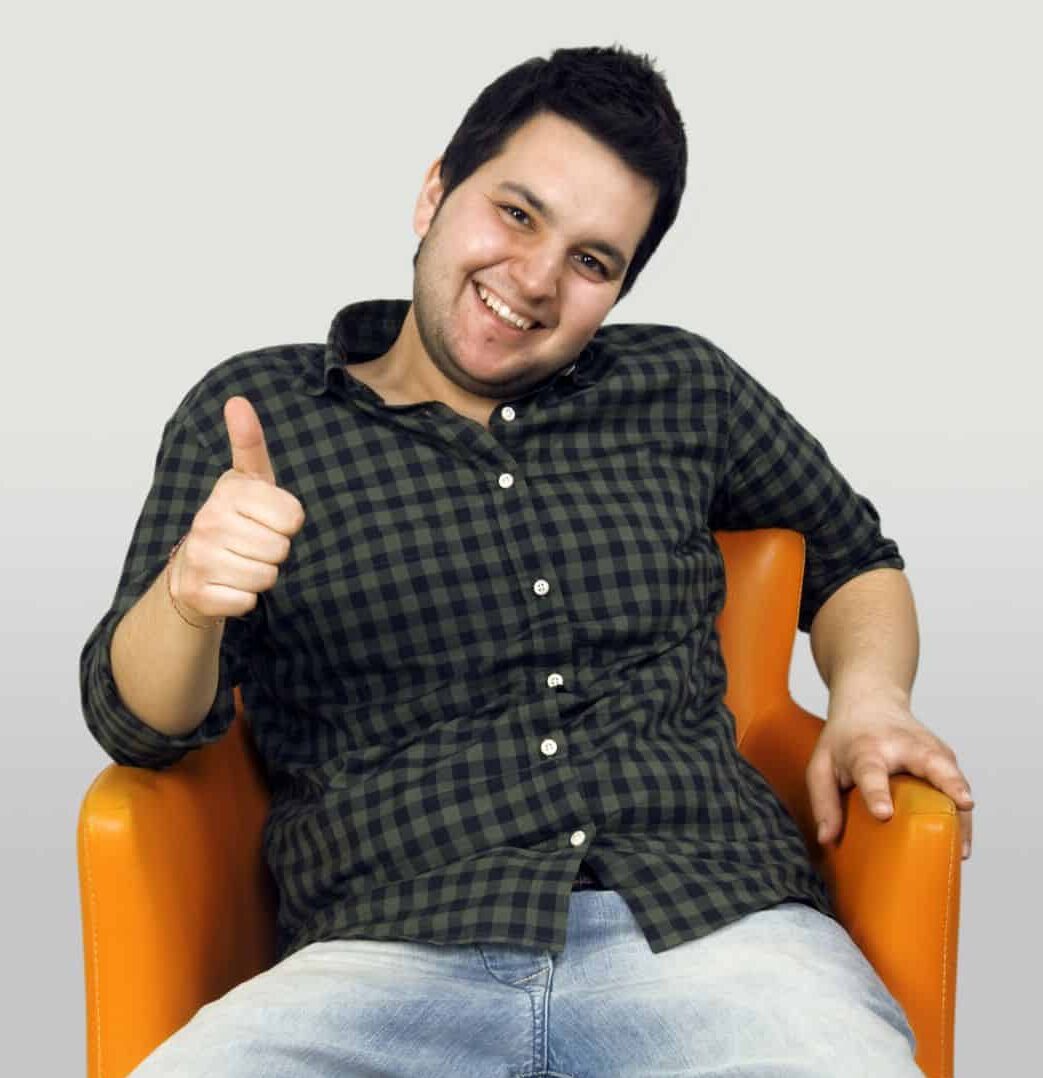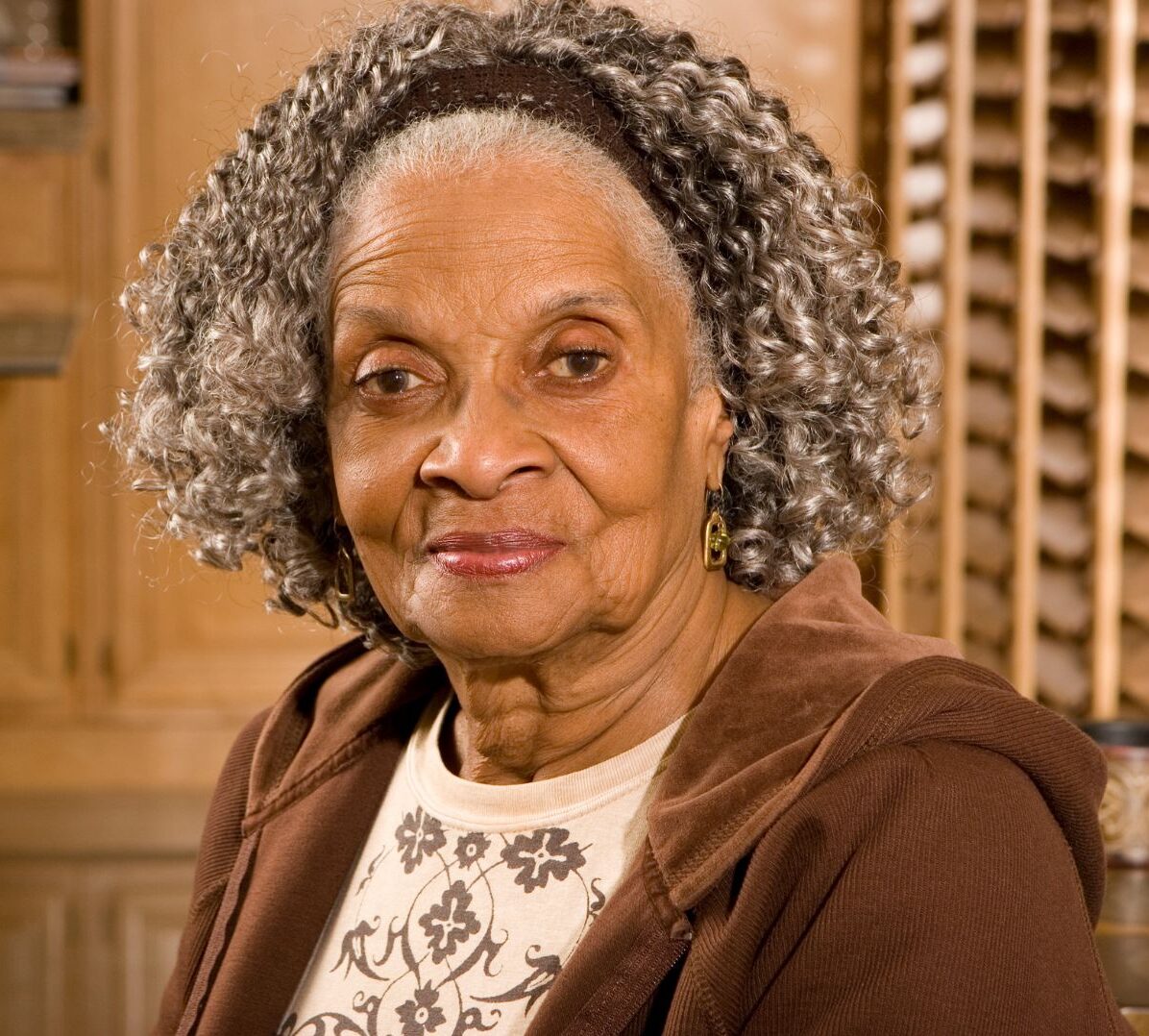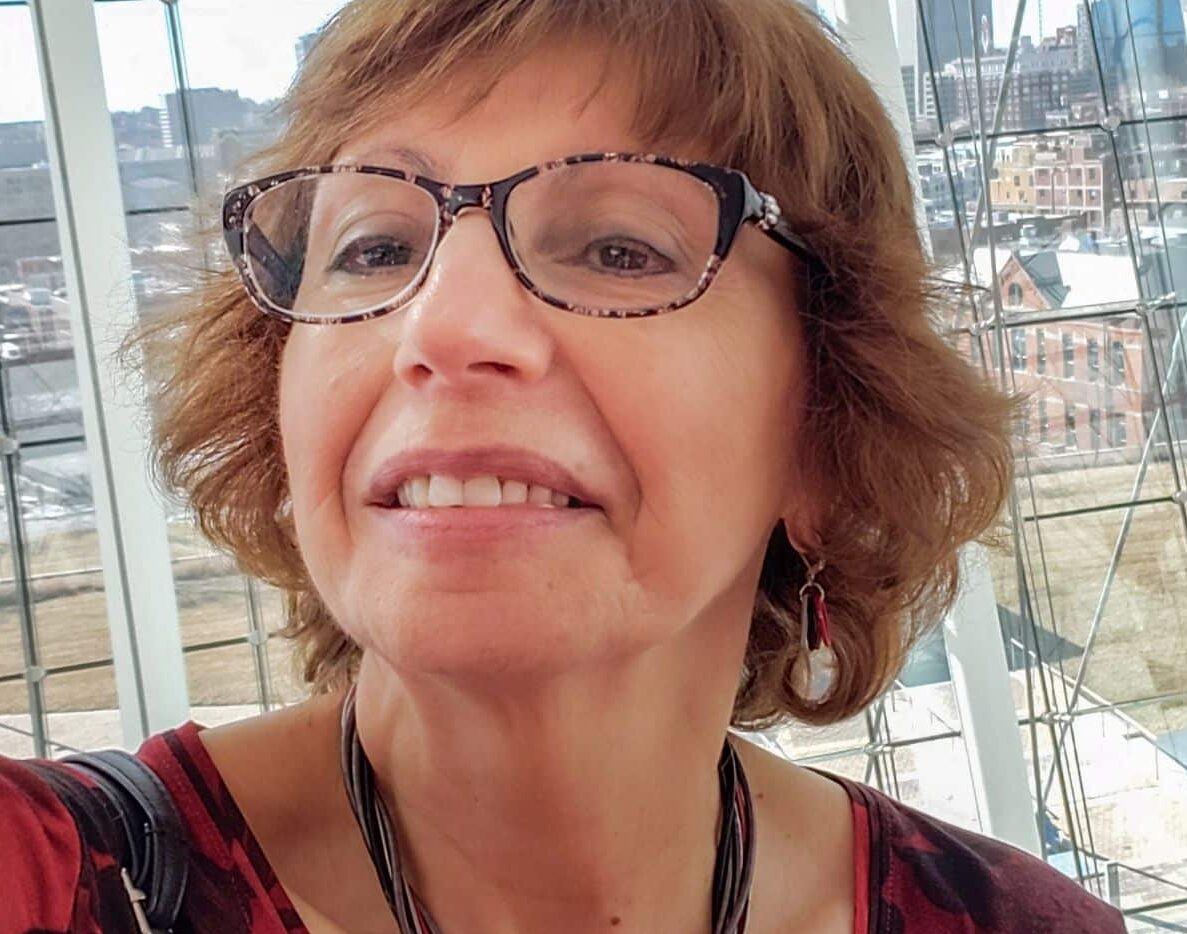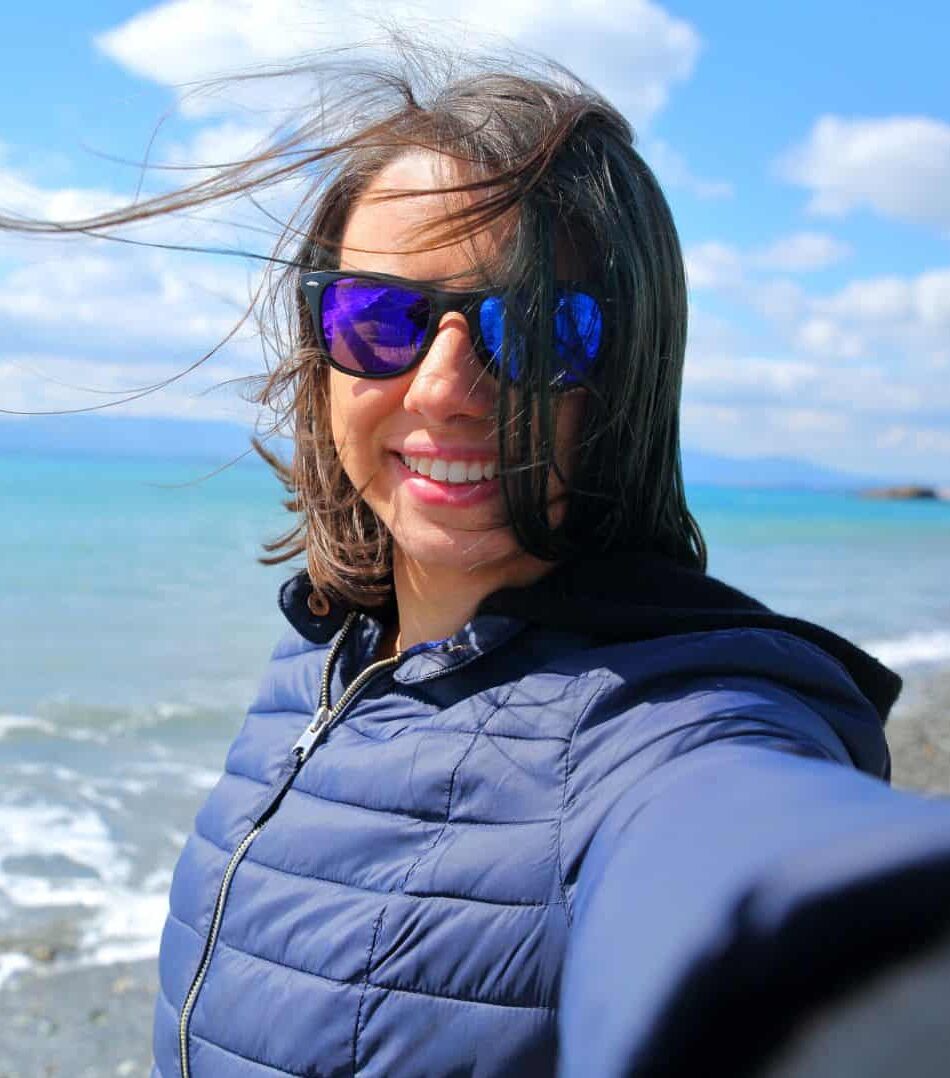LIVE TRAINING
We want to help our clients and patients really thrive
(you know, with connection and everything)
We can do this while also helping the planet. Find out how in my free training. And get variety and income at the same time.
LIVE TRAINING
How to survive in a disconnected world
(without becoming a total jerk)
Our isolation crisis is real. This training shows you why and what to do about it for you and your clients. And get variety and income at the same time.
LIVE TRAINING
Your patients want to thrive
in connected relationships
On a planet that's more green than gray
(by being who they really are)
Learn how to help them see the world for what it is and reshape it into what it could be. And get variety and income at the same time.
Can one person really make a difference?
(Spoiler: Hell, yes. And this training will show you how.)
We’re told to smile for Insta in a world that feels like it’s a dumpster fire. It’s exhausting pretending “everything’s fine” when deep down we know it’s far from it.
Like many of us, especially parents, the concern isn’t just for today but for the world our children will inherit: a planet grappling with the damage caused by climate change, polluted air, contaminated water, dying soil, an ecosystem forever changed by “natural” disasters.
There’s a social chaos brewing, a constant flood of misinformation that makes it hard to know what’s real, and the feeling that the ground beneath our feet – democracy, stability, even a sense of normalcy – is all cracking apart.
And when we try to voice our concern, too often we’re met with an awkward silence or the empty echo of “thoughts and prayers.” It’s as if our collective anxiety is a taboo topic, one we’re not supposed to acknowledge.
This is a crisis born from a culture of disconnection.
The good news? We can do something about it with Kindness for a Change – a one-of-a-kind training that gives you the tools to cut through the noise and find real, lasting connection in a world that often feels hopelessly fragmented.
So if your heart beats with the urgency of now, if you’re itching to ditch the script that demands we all pretend everything’s totally fine, if you’ve looked around and thought, “Surely, we can do better,” … this is for you.
Hi, my name is
Dr. Donal MacCoon
I’m a clinical psychologist with a PhD from one of the top programs in the country. With 20 years of experience in science, 20 years as a therapist, 16 years of living in a cohousing community, and 13 years of personal suffering, I’ve seen firsthand the power of authentic connection – and the devastating impact of its absence.
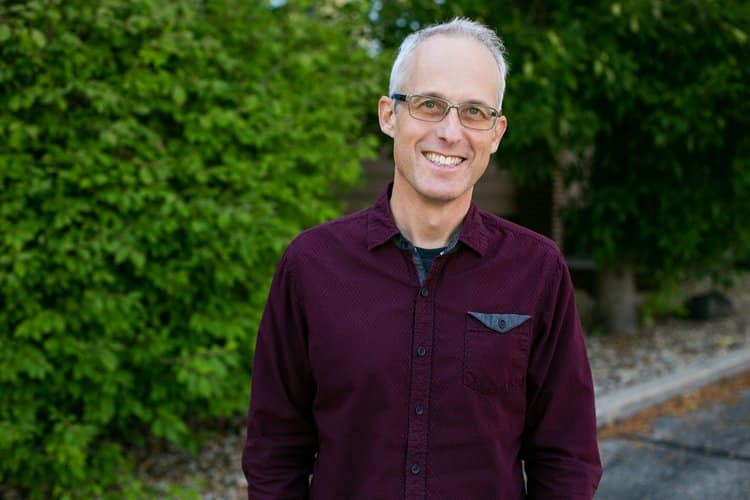
This isn’t another feel-good, gloss-over-the-gritty-realities kind of training.
Kindness for a Change is for those of us who want to cut through the noise and get to the heart of why we all feel so disconnected in a world hyper-connected by pixels.
Here’s what you’ll explore in the free training:
The 6 critical areas of skills and knowledge needed to thrive in relationship with yourself, your community, and the planet
The 4 thriving strategies necessary to flourish. You’ll see how this connects not only to personal and family growth, but also to the healing of our politics and the planet.
Break free from the silence and find authentic connection – the kind that carefully-curated online lives can never provide. Learn how to have real, impactful conversations, even when they get uncomfortable or messy. Gain tools to make a meaningful difference, starting right here in your own life.
Confront the mess head-on (forget escapism or numbing out). This training isn’t about dreaming of a perfect world. It’s about ditching the “armor,” facing uncomfortable truths, and finding tools to navigate a chaotic, sometimes violent world where you are.
This is your chance to embrace the mess and dive headfirst into being fully, beautifully, and imperfectly human. So we can move from passive despair to active change – and see the world for what it is and reshape it into what it could be.
So if you’ve ever wondered, can one person really make a difference? Maybe the real question we should ask ourselves is, can we afford not to try?
5-Star Reviews From Alumni
